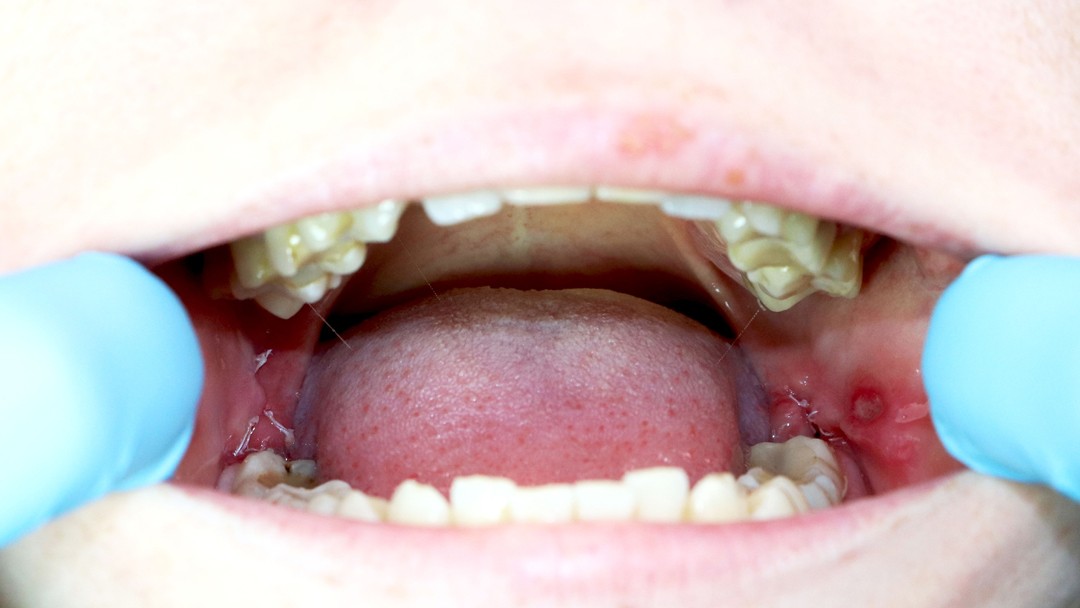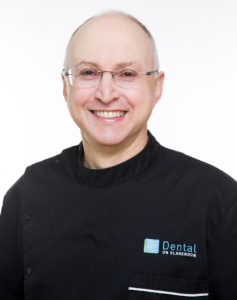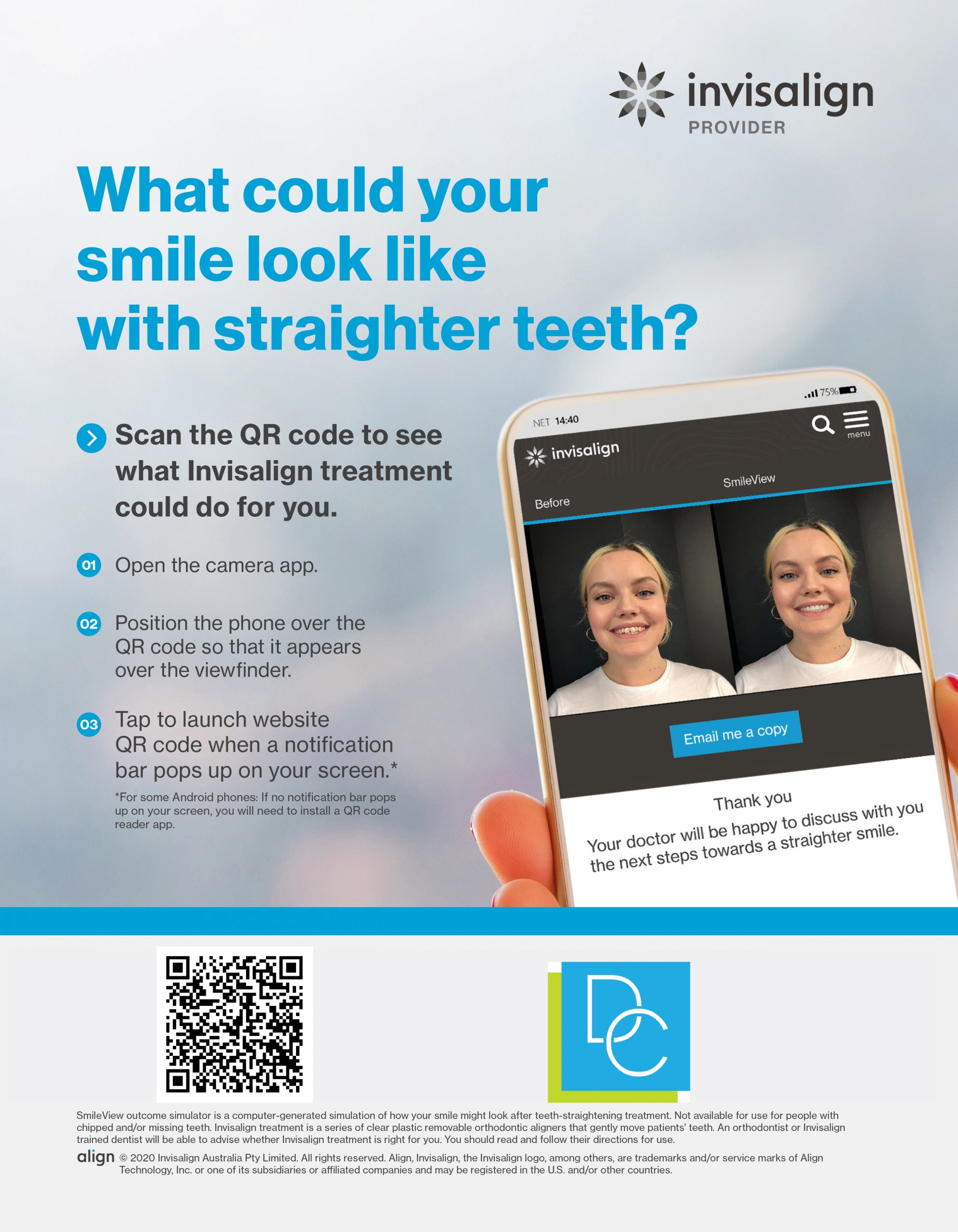- December 2024
- November 2024
- October 2024
- December 2023
- April 2022
- March 2022
- February 2022
- January 2022
- November 2021
- October 2021
- September 2021
- August 2021
- July 2021
- January 2021
- December 2020
- November 2020
- October 2020
- September 2020
- August 2020
- July 2020
- June 2020
- May 2020
- April 2020
- March 2020
- February 2020
- January 2020
- December 2019
- August 2019
- July 2019
- June 2019
- May 2019
- April 2019
- March 2019
- February 2019
- January 2019
- December 2018
- November 2018
- October 2018
- September 2018
- August 2018
- July 2018
- May 2018
- April 2018
- March 2018
- February 2018
- January 2018
- November 2017
- October 2017
- September 2017
- August 2017
- July 2017
- June 2017
- April 2017
- March 2017
- January 2017
- October 2016
- October 2015
- September 2015
- August 2015
Wisdom Teeth Removal: Essential Tips For A Smooth Recovery
10 April,2018Updated: 25 June 2024
Hello, I'm Dr. Ian Malkinson, a cosmetic dentist with over 25 years of experience and the proud owner of Dental On Clarendon in South Melbourne. Wisdom tooth removal is a procedure that many people dread, as it often requires a few days of recovery. However, there are several steps you can take to ensure your teeth and gums remain strong and healthy during this period. As we wish you to have a trouble-free recovery with as little pain as possible, I have compiled my expert tips to help you.
What Are Impacted Wisdom Teeth?
Impacted wisdom teeth are teeth that do not have enough space to emerge or develop normally. They may remain partially or fully trapped within the gums or jawbone, potentially leading to pain, infection, and other dental issues. If you have impacted wisdom teeth, their removal might be more complex and require a longer recovery period. Here are some additional tips for those dealing with impacted wisdom teeth:
- Pain Management: Over-the-counter pain relievers or prescribed medications can help manage discomfort.
- Monitor for Signs of Infection: Watch for signs of infection such as increased swelling, fever, or severe pain. Contact your dentist immediately on (03) 9690 3285 if you experience any of these symptoms.
- Follow Your Dentist's Advice: Follow all specific instructions given by your dentist for caring for the extraction sites, especially if your wisdom teeth were impacted.
Be Aware of What You Consume
After your wisdom teeth removal, it's crucial to be mindful of what you eat and drink and that you stay hydrated, water is best. For the first day of healing, strictly avoid hot, cold, or acidic foods and beverages. The exposed tooth pockets need time to recuperate, and stitches need to settle.
During and after the first day, stick to soft foods. Avoid anything that requires chewing, as it could interfere with the healing process. If you're unsure about what foods are safe, please don't hesitate to ask me or any of our skilled team members for advice before your surgery.
Rest Up
Rest is essential after wisdom teeth extraction. Your body needs energy to focus on recovery. You may experience discomfort, bleeding, and swelling, and engaging in rigorous activities can worsen these symptoms. Ensure you rest, take any prescribed antibiotics, and give yourself the time to heal properly.
Recovery periods vary from person to person, but typically range from a few days to over a week. Prioritise your health by taking the necessary time to rest. Only return to work or school once the swelling has subsided and you feel comfortable.
Oral Hygiene During Recovery
Maintaining good oral hygiene is crucial during the recovery period to prevent infection and promote healing. Here's how to keep your mouth clean without disturbing the healing sites:
- Gentle Brushing: Avoid brushing the surgical areas totally for the first 24 hours. Afterward, brush your teeth gently with a soft-bristled toothbrush, being careful to avoid direct contact with the extraction sites.
- Rinsing: Do not rinse your mouth vigorously for the first 24 hours. After the first day, use a warm saltwater rinse (more details below). Avoid commercial mouthwashes, as they can be too harsh on the healing tissues.
- Avoiding Straws and Smoking: Do not use straws or smoke, as the sucking action can dislodge the blood clot and delay healing. Smoking also introduces harmful bacteria and chemicals to the surgical area that can lead to infection.
- Regular Check-ups: Ensure you attend all follow-up appointments with your dentist to ensure proper healing and address any concerns promptly.
Saltwater Rinses
One highly recommended practice is to use warm saltwater rinses to aid recovery. Start these rinses a day after surgery. Rinse your mouth with salt water after meals to remove food particles, kill bacteria, and soothe pain.
To prepare the rinse, mix one teaspoon of salt with a cup of warm water. This simple solution can significantly help in maintaining oral hygiene during the healing process.
Preventing Dry Socket
One of the most common complications I see, after wisdom tooth removal, is dry socket. This condition occurs when the blood clot at the extraction site dislodges or dissolves before the wound heals, exposing the underlying bone and nerves. Dry socket can be very painful and does delay the healing process. Here are some tips to assist with preventing dry socket:
- Avoid Straws and Smoking: As mentioned earlier, the suction from straws and smoking can dislodge the blood clot. Refrain from these activities for at least a week after surgery.
- Gentle Rinsing: Be gentle when rinsing your mouth. Vigorous rinsing can disrupt the blood clot.
- Soft Foods: Stick to soft foods that do not require much chewing. Hard or crunchy foods can disturb the extraction site.
- Follow Post-Operative Instructions: Follow all the post-operative care instructions provided by your respective dentist from Dental On Clarendon.
Pain Management and Inflammation Control
It is important to strictly follow the pain management instructions provided by your Dentist as they will speed up your recovery. It is a well-known fact that a relaxed body heals faster and this is the main reason your dentist will prescribe pain management and inflammation control such as:
- Use Ice Packs: Applying ice packs to your cheeks for the first 36 hours can significantly reduce swelling and discomfort. Alternate 20 minutes on and 20 minutes off. Avoid heat until after the third day, as it can increase swelling.
- Anti-Inflammatories: Taking ibuprofen as recommended by your dentist can help manage pain and reduce inflammation.
Stay Elevated
Keeping your head elevated is important for reducing swelling after the procedure. Even when sleeping, use pillows to prop yourself up at least a 45-degree angle. Sitting in a recliner or using an airline pillow can help maintain this position and promote faster healing.
Note: Any surgical or invasive procedure carries risks. I always recommend seeking a second opinion from a qualified health practitioner before proceeding.
If you have any questions or need further advice, please feel free to contact us at Dental On Clarendon or book an appointment.
Your health and comfort are our top priorities, and we're here to support you through every step of your recovery.
Author Details:
Dr. Ian Malkinson
Discover the dedicated care of Dr. Ian Malkinson at Dental on Clarendon, your South Melbourne dental expert. From advanced cosmetic procedures like Invisalign & Angel Aligner to comprehensive dental health services, Dr. Malkinson uses the latest technologies to ensure healthy, confident smiles since 1995.
Click to discover more about Dr. Malkinson's commitment to your oral health.



